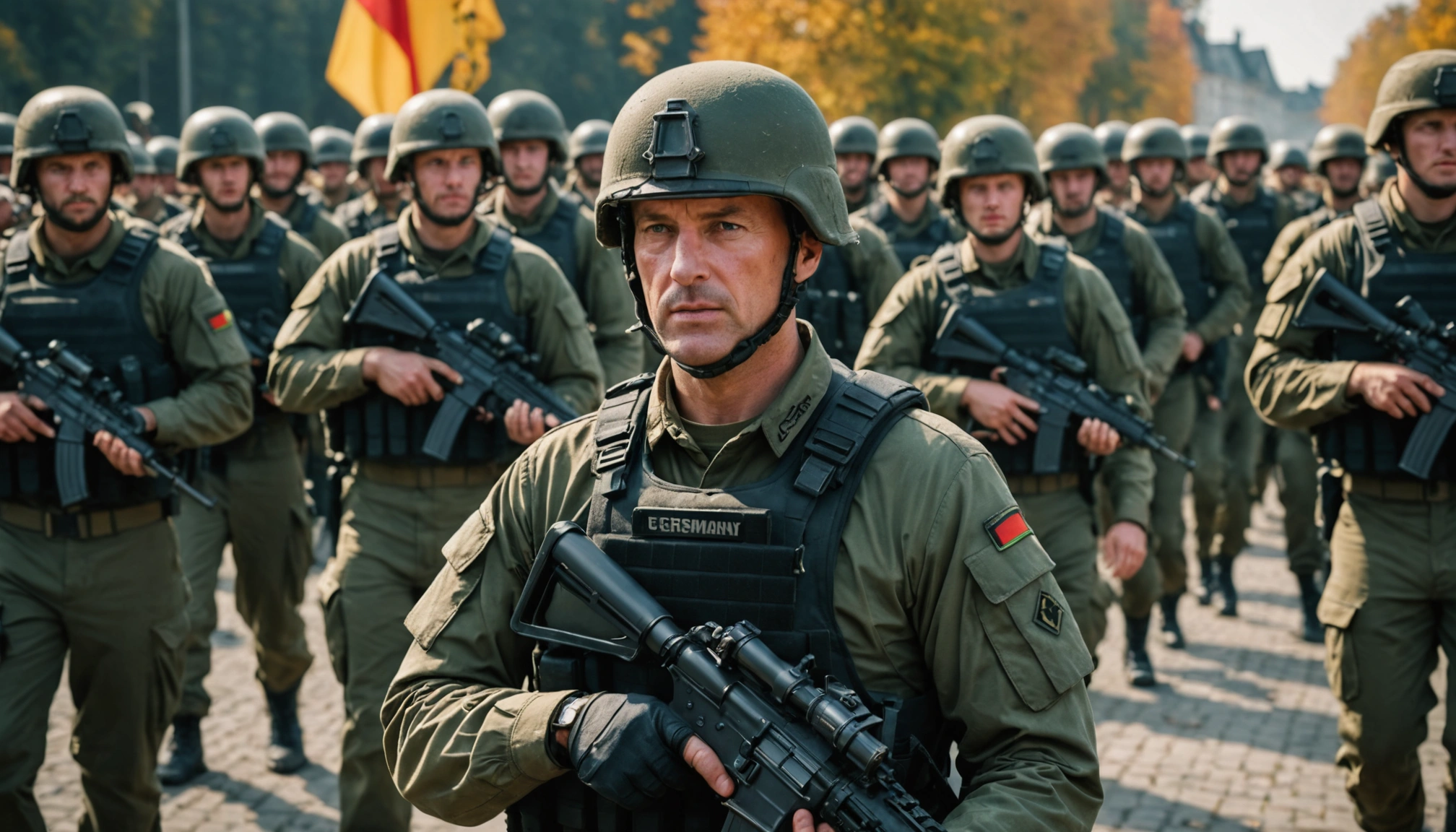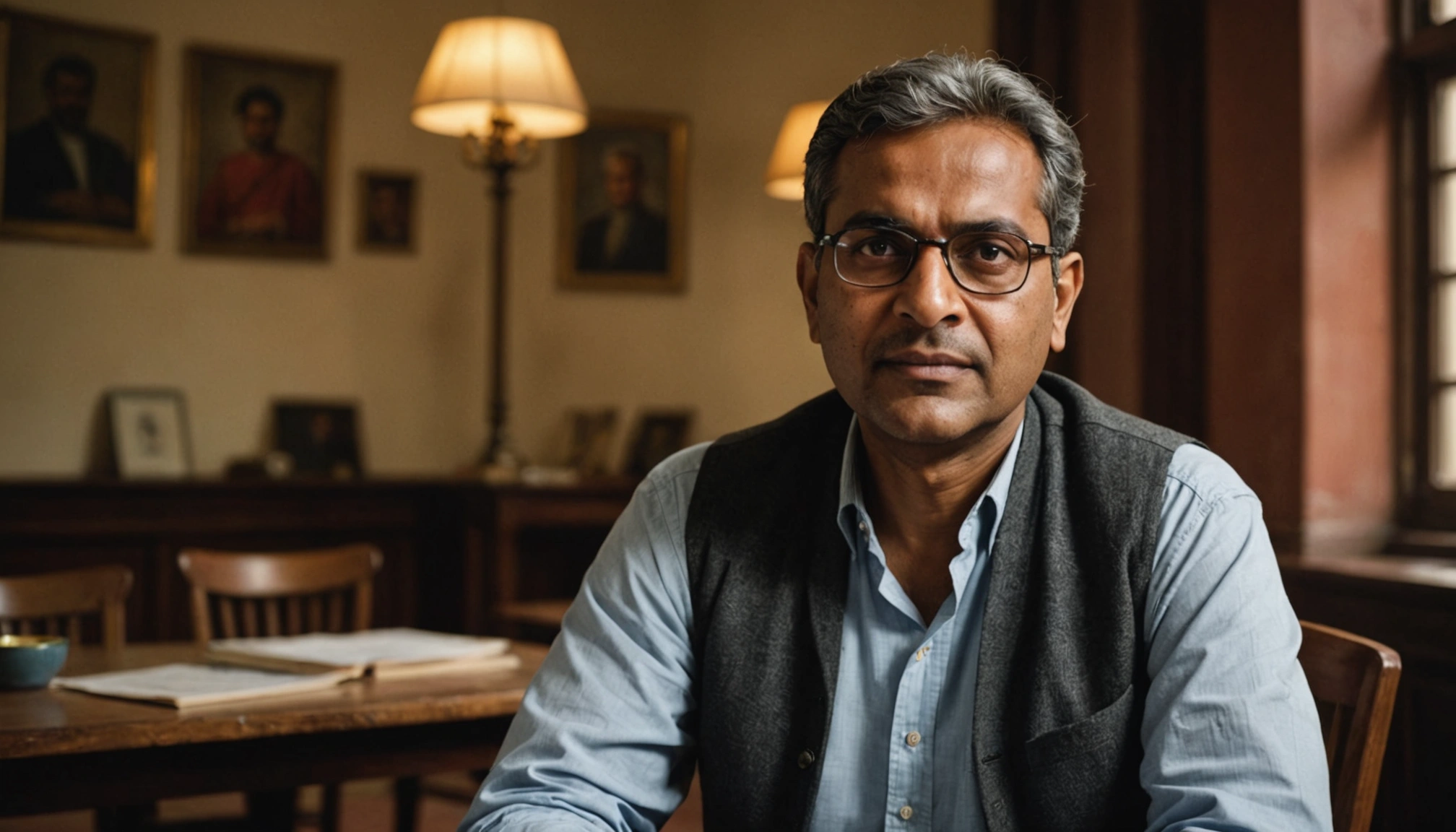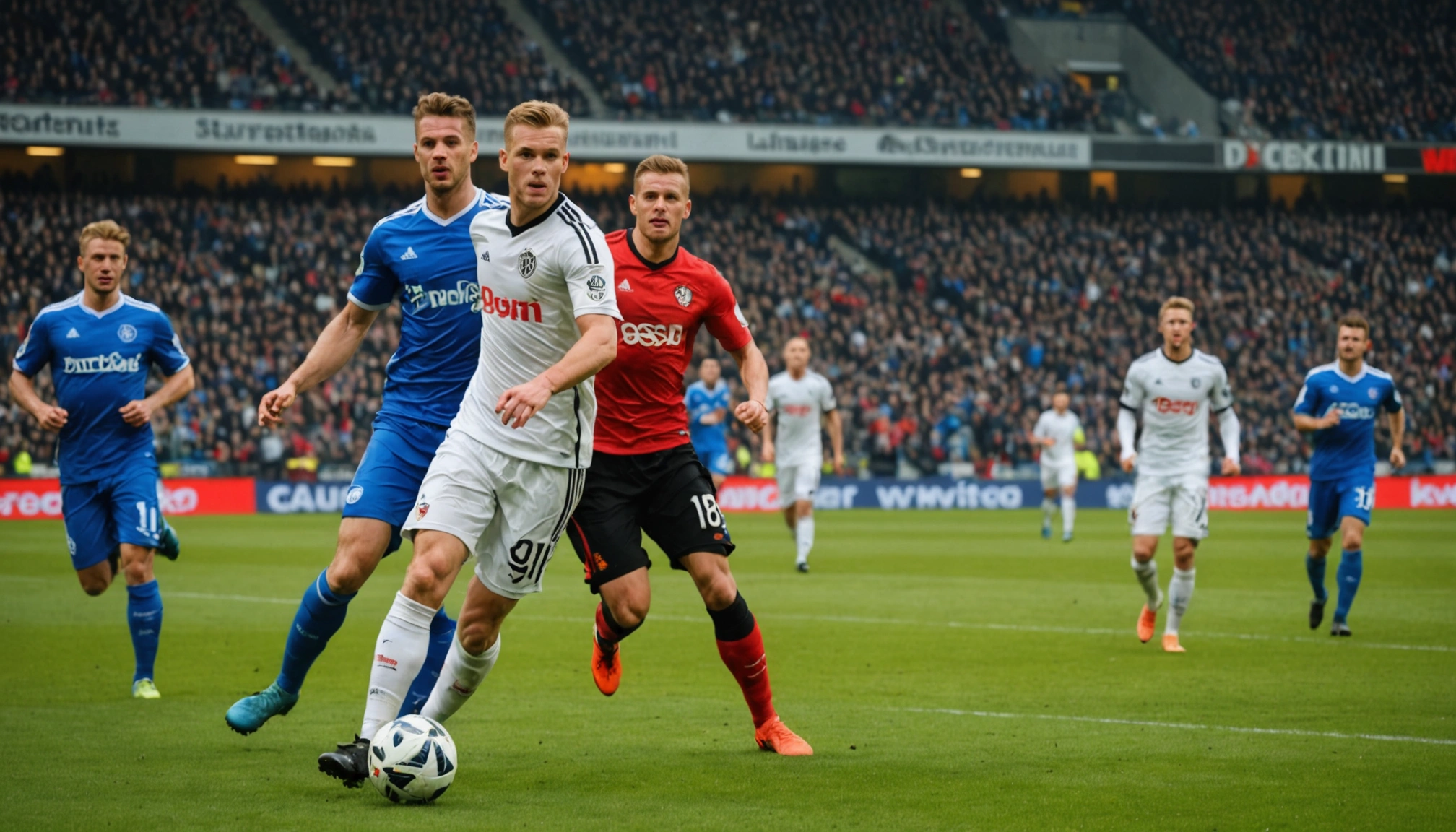Germany Seeks to Bolster Military Might with Up to 60,000 Additional Troops

Germany is embarking on a significant military expansion, with defense officials announcing the need for up to 60,000 additional troops to meet evolving NATO targets and address growing security concerns, particularly those stemming from Russia. This ambitious plan aims to bring the Bundeswehr, Germany's armed forces, to a strength of approximately 260,000 soldiers, a substantial increase from its current numbers. The move reflects a broader effort within NATO to bolster its collective defense capabilities and adapt to a shifting geopolitical landscape.
Addressing NATO Requirements and a Growing Threat
Defense Minister Boris Pistorius announced the troop increase, emphasizing Germany's commitment to fulfilling its responsibilities as Europe's largest economy and a key member of NATO. The decision aligns with NATO's push for increased defense spending and a greater readiness among its members, driven by the perceived threat from Russia. At a recent NATO meeting in Brussels, Pistorius stated that the alliance should explicitly identify Russia as its primary threat. The troop increase is intended to address shortfalls in personnel, weapons, and ammunition, ensuring that Germany can effectively contribute to NATO's collective defense strategy.
The Challenge of Recruitment
Recruiting tens of thousands of additional soldiers presents a significant challenge for Germany. The Bundeswehr has struggled to meet its existing target of 203,000 troops, falling short by approximately 20,000 regular soldiers, according to recent defense ministry data. This shortfall exists despite the recruitment of over 20,000 new soldiers. The difficulty in attracting sufficient numbers of volunteers has prompted a renewed debate about the potential reintroduction of conscription, which was suspended in 2011.
Exploring New Recruitment Models
To address the recruitment challenge, Pistorius has proposed a model that combines voluntary service with the option of compulsory conscription if needed. Under this system, all 18-year-olds would receive a questionnaire assessing their interest in the army and their physical condition. While completing the questionnaire would be mandatory for young men, it would be voluntary for women. Selected individuals would then be invited to participate in a recruitment process, with some being offered an initial six-month service period with the possibility of extension. This approach seeks to broaden the pool of potential recruits while retaining an element of individual choice.
Readiness and Homeland Defense
Beyond meeting NATO obligations, the troop increase is also driven by concerns about homeland defense. Andreas Henne, Germany's homeland defense chief, has expressed concerns about the lack of manpower available to protect critical infrastructure. A recent government study revealed that a significant percentage of positions within the lower enlisted ranks remain unfilled. Pistorius has emphasized the need for strong young men and women to defend the country in an emergency, highlighting the importance of both military readiness and the protection of national assets. He has also stated that Germany needs to be ready for war by 2029.
Financial and Logistical Considerations
The expansion of the Bundeswehr will require significant financial investment and logistical planning. Pistorius has acknowledged that finances, materials, and personnel are central to achieving the desired level of military readiness. The government will need to allocate sufficient resources to support the recruitment, training, and equipping of the additional troops. Furthermore, the existing infrastructure, including barracks and training facilities, may need to be expanded to accommodate the larger force. Pistorius has admitted that recruitment efforts are currently hampered by a lack of capacity in both barracks and training facilities.
A Shift in Military Posture
The decision to increase troop numbers represents a notable shift in Germany's military posture. For years, Germany has focused on maintaining a relatively lean and agile military force. However, the changing geopolitical landscape and the renewed emphasis on collective defense within NATO have prompted a reassessment of its defense needs. The troop increase signals a commitment to strengthening Germany's military capabilities and assuming a more prominent role in European security.
Related Articles

Indian Author and Translator Win International Booker Prize for Short Story Collection 'Heart Lamp'

